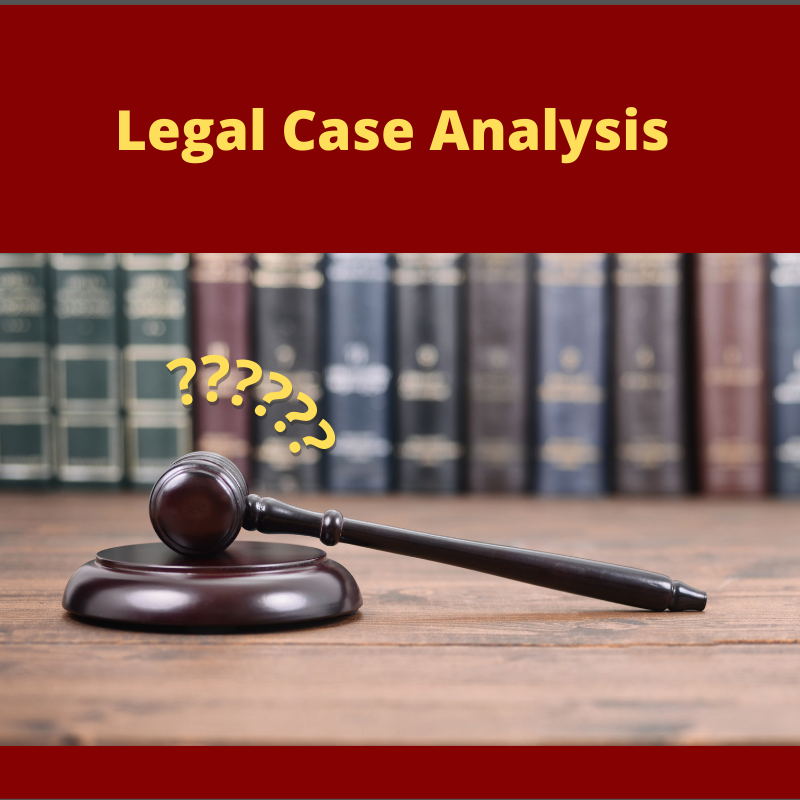This is a 99.9% win for the good guys.
(750 Words)
Back in 2015, Maggie Smith filed a class action suit against the District of Columbia.
Maggie Smith, on behalf of herself and the Prosecution Class and the Nonresident Class (both defined below), brings this action against the Government of the District of Columbia (the “District” or the “District of Columbia”) under 42 U.S.C.A. § 1983 for injuries she suffered during the Class Period because the District, through its unconstitutional gun registration laws, caused her and the other members of the Prosecution Class and the Nonresident Class to be arrested, prosecuted, or arrested and prosecuted in the District of Columbia Superior Court for violations of those unconstitutional gun laws in violation of their Second and Fifth Amendment rights.
—
ECF No. 2, Virginia Duncan v. Rob Bonta, No. 23-55805, slip op. at 2–3 (9th Cir.)
She alleges that the District had created a total ban on gun ownership and a total ban on carrying outside the home. She points out that the District did this in such a way as to avoid the appearance of a total ban.
The District first put into place laws that required all hand guns and ammunition to be registered. Then they created so many obstacles to registering a hand gun that it became a de facto ban.
In addition, the registration scheme was only available to residents of the District, meaning that it was impossible for people that didn’t live in the city to be able to carry a hand gun.
For those of you that don’t know, DC used to be 100 square miles, 10 by 10. 50 square miles came from Maryland and 50 square miles came from Virginia. When Virginia seceded from the Union, it took back its land. Most of the remaining 50 square miles is filled with office buildings, government buildings, public buildings and some apartments.
There are also the slums.
Most of the people that work in the District commute into the District. They drive to just outside the beltway and then ride the Metro into the city proper. Fast, easy, convenient.
What this means is that most of the people you see in DC don’t live in DC. Under the District’s registration scheme, most of the people who worked in DC had no chance to legal own a hand gun.
At the time of Ms. Smith’s conduct, D.C. Code § 7-2502.02(a)(4) generally prohibited registration of any pistols “not validly registered to the current registrant in the District prior to September 24, 1976,” but made an exception for retired MPD officers, organizations employing special police officers, and “[a]ny person who seeks to register a pistol for use in self-defense within that person’s home.” See D.C. Code § 7-2502.02(a)(4)(C) (2010) (emphasis added). Any nonresident who wished to possess a pistol in the District of Columbia for self-defense would have to do so outside his or her home and therefore could not fall within the exception in D.C. Code § 7-2502.02(a)(4)(C). Moreover, at the time of Ms. Smith’s conduct, the District maintained a custom, practice, and policy of refusing to entertain gun registration applications by individuals who did not reside in the District of Columbia. See D.C. Mun. Reg. § 24-2320.3(c)(1)(C) (requiring firearm registration applicants to provide proof of D.C. residency).
—id. at 9
Yes, it was that difficult. It made getting a CCW in New York City seem easy.
On Monday, we got some great news.
Upon consideration of Plaintiffs’ Unopposed Motion for Preliminary Approval of Class Action Settlement (Motion for Preliminary Approval), and the exhibits attached, including the Settlement Agreement reached between the named Plaintiffs, individually and as representatives of the class conditionally certified by this Order, and the Government of the District of Columbia (the District),
IT IS HEREBY ORDERED:
⋮
The Settlement is preliminarily approved, subject to further consideration at the Final Approval and Fairness Hearing provided for below. The Court preliminarily finds that the Settlement terms are within the range of a fair, reasonable, and adequate settlement and in the best interests of each Class as a whole, such that final approval of the Settlement and Request for Attorney’s Fees and Costs may be appropriate, following notice to the Classes and a Fairness Hearing. Further, the Court preliminarily finds that the terms of the Settlement Agreement satisfy the requirements of Federal Rule of Civil Procedure 23(e) and due process.
—ECF No. 59 Brumback v. Ferguson, No. 1:22-cv-03093, slip op. at 13 (E.D. Wash.)
This is that big of a win because it won’t be appealed. Since both parties agreed to the settlement there is nobody to contest or appeal.
Every so often the good guys do win.
Bibliography
ECF No. 59 Brumback v. Ferguson, No. 1:22-cv-03093 (E.D. Wash.)
Like this:
Like Loading...


